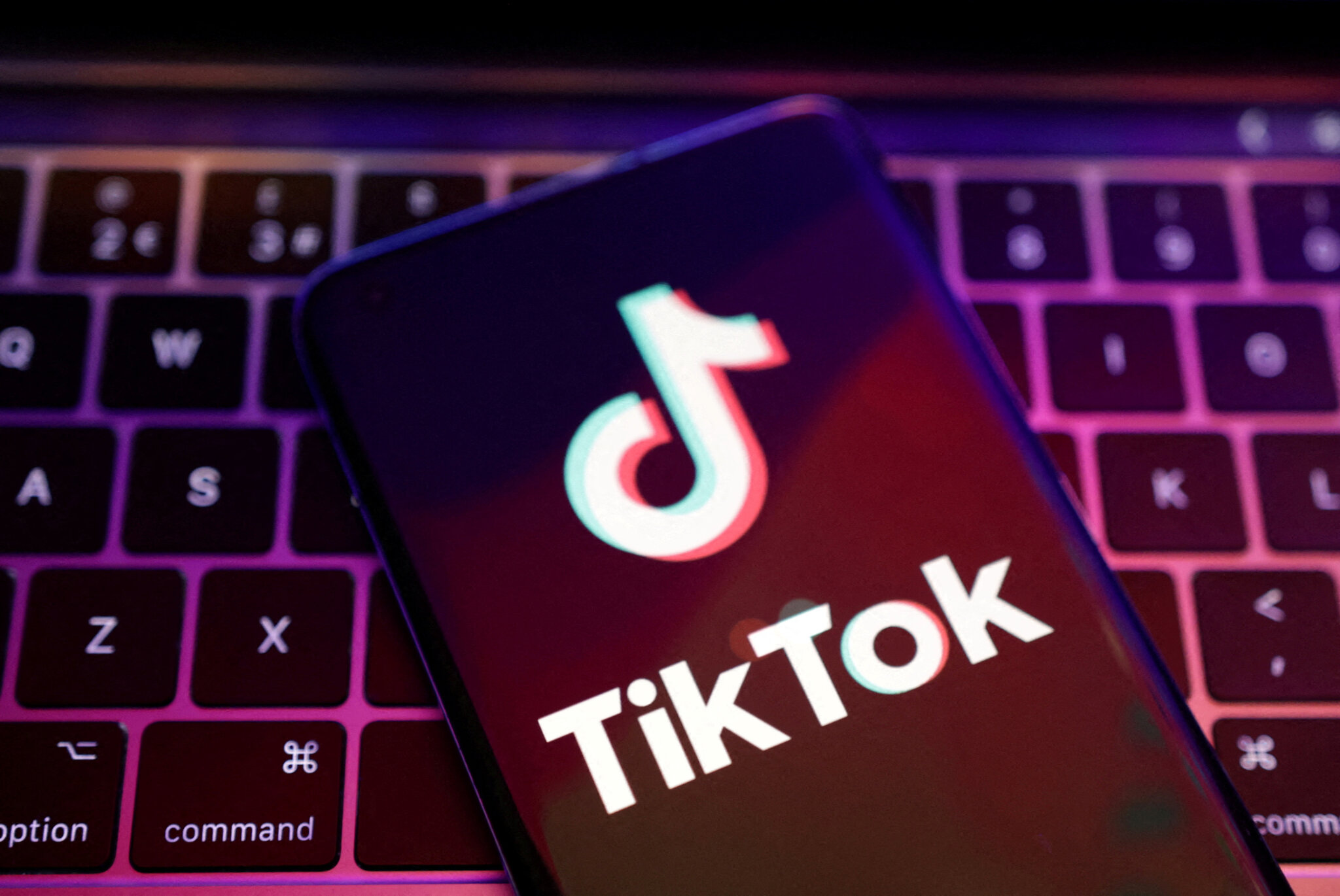In the fast-paced realm of social media, TikTok has emerged as a powerhouse platform that captivates users with its short-form, engaging content. Central to the TikTok experience is the ubiquitous “like” button, a simple yet powerful feature with significant psychological implications. This article delves into the intricate web of motivations and behaviors behind TikTok likes, exploring why people are driven to hit that button and the underlying psychological processes at play. By unraveling the mysteries of TikTok likes, we can better understand how social validation, instant gratification, social comparison, FOMO, and other factors shape our interactions in the digital age.Buy TikTok Likes UK
Introduction to TikTok Likes
TikTok, the social media platform that has taken the world by storm, is not just about dancing challenges and lip-syncing videos. One of the key elements that keeps users engaged is the “Like” button. But what drives people to hit that heart-shaped button? Let’s delve into the psychology behind TikTok likes and why they hold so much significance in the digital realm.
The Role of Social Validation
Seeking Approval and Recognition
Humans are social creatures wired to seek approval and validation from others. When someone hits “Like” on a TikTok video, it serves as a virtual pat on the back, reinforcing a sense of approval and recognition. This simple action can boost self-esteem and make creators feel valued in the vast sea of content.
Building Social Proof Through Likes
Likes also act as a form of social proof on TikTok. The more likes a video receives, the more credibility and legitimacy it appears to have. Users are likelier to engage with content validated by others, leading to a snowball effect of likes and views.
Instant Gratification and Dopamine Release
The Neurological Connection to Likes
Each time users receive a like on their TikTok video, their brain experiences a small rush of dopamine – the feel-good neurotransmitter associated with reward and pleasure. This neurological response reinforces the behavior of seeking likes, creating a loop of instant gratification.
The Impact of Instant Feedback
TikTok’s instant feedback mechanism, where likes are displayed in real-time, fuels this dopamine-driven cycle. The immediate visibility of likes gives users instant feedback on their content’s perceived value, influencing their future posting behavior.
Influences from Social Comparison Theory
Comparing Likes with Peers
Social Comparison Theory comes into play on TikTok as users unconsciously compare the likes they receive with those of their peers. This comparison serves as a benchmark for self-assessment and influences how users perceive their content and popularity on the platform.
Effects of Upward and Downward Social Comparisons
Upward social comparisons, where users compare their likes to those with higher numbers, can drive motivation or feelings of inadequacy. On the other hand, downward social comparisons, where users compare their likes to those with fewer, can boost self-esteem but may also lead to complacency. Understanding these dynamics can illuminate the motivations behind hitting that like button on TikTok.
The Impact of FOMO (Fear of Missing Out)
FOMO’s Influence on Like-Seeking Behavior
Let’s face it: FOMO is the modern-day social media monster lurking in the shadows. The constant need to double-tap that heart on TikTok stems from a fear of missing out on the next big thing. Whether it’s a viral dance trend or a hilarious meme, the fear of not being a part of the like brigade can push us to hit that button faster than you can say “scroll.”
Coping with FOMO in the TikTok Environment
So, how do we battle this FOMO-fueled liking frenzy? One way is to remind ourselves that validation shouldn’t come from a thumbs-up icon. Taking a step back, practicing mindfulness, and focusing on real-life experiences can help us break free from the chains of FOMO and find a healthier balance in our social media interactions.
Psychological Implications of Like Culture
Understanding the Psychological Motivations Behind Liking Content
Behind every like lies a complex web of psychological motivations. Whether it’s a boost to our ego, a sense of connection, or simply a way to show appreciation, liking content on TikTok can reveal much about our inner desires and emotions. Understanding these motivations can help us navigate the like culture more consciously.
The Role of Self-Esteem and Identity in Seeking Likes
Likes on TikTok can sometimes act as a mirror reflecting our self-worth and identity to us. The quest for validation through likes can be a slippery slope, affecting our self-esteem and shaping our online persona. Recognizing likes’ impact on our sense of self can empower us to seek validation from within rather than through digital applause.
Strategies for Moderating Like-Seeking Behavior
Promoting Healthy Social Media Habits
In a world where likes reign supreme, it’s crucial to cultivate healthy social media habits. Setting boundaries, engaging mindfully, and prioritizing real connections over virtual validation can help us break free from the like-seeking trap and foster a more balanced relationship with TikTok and other social platforms.
Balancing Self-Worth Beyond Likes
While likes can be a fun way to show appreciation, they shouldn’t define our worth. Embracing our uniqueness, celebrating our accomplishments, and nurturing our self-worth beyond the realm of likes can liberate us from the pressure to seek external validation constantly. Remember, you are more than the sum of your likes – you’re a multifaceted, like-worthy individual in your own right. As we navigate the complexities of TikTok likes and their psychological underpinnings, it becomes clear that our interactions in the digital world are deeply intertwined with our thoughts, emotions, and behaviors. By recognizing the influences that drive us to seek likes and validation on social media, we can empower ourselves to cultivate healthier relationships with technology and prioritize our well-being beyond virtual approvals. Ultimately, understanding the psychology behind TikTok likes offers a window into our motivations and invites us to engage with social media mindfully, fostering a more conscious and fulfilling digital experience.
